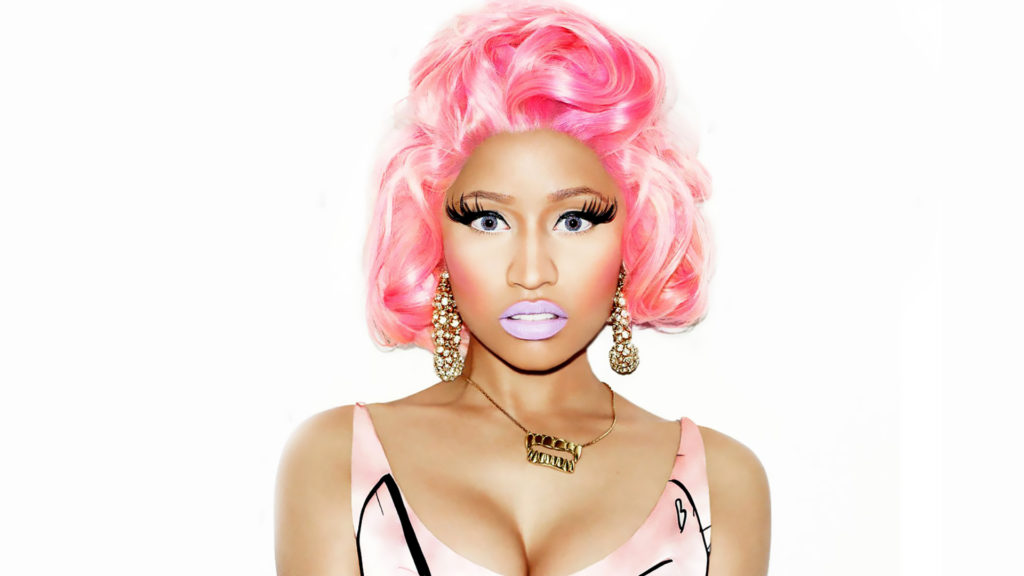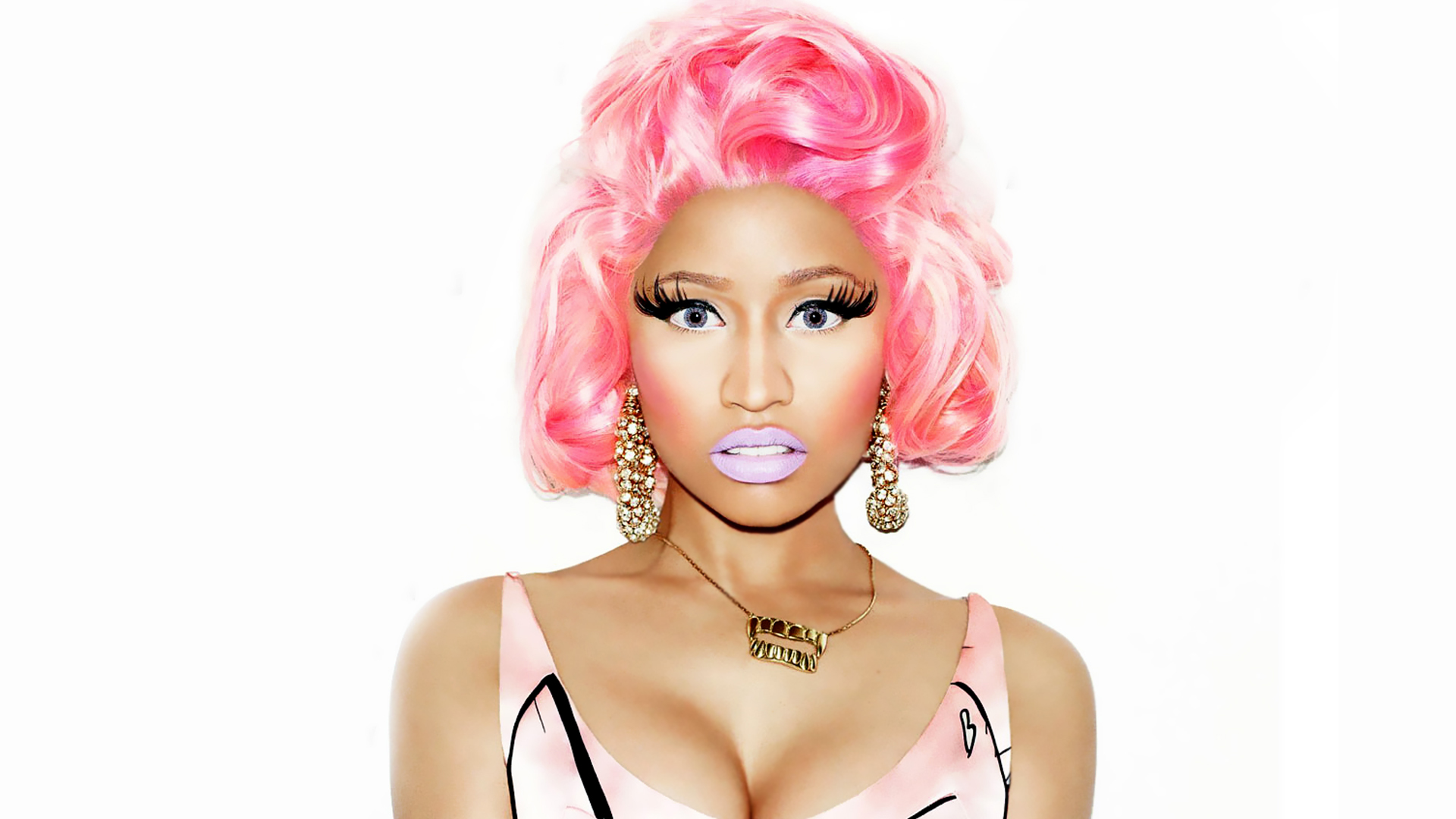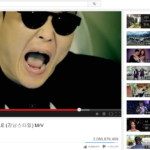Media Matters #4: “Mr. YouTube” – Alex Bradley
Now here’s a subject I didn’t expect to be covering again so soon, though to be honest, I’m not surprised with the amount of controversy YouTube creates by its treatment of content creators. Somewhat recently, YouTube users started putting out videos on how a large chunk of videos on the site have lost the ability to run ads on their videos. The reason for this? YouTube has only now begun properly enforcing rules created last year in an effort to make content more “advertiser-friendly”. This basically means no swearing, sexual humour (so 50% of humour really) and, most utterly moronic of all, “Controversial or sensitive subjects and events, including subjects related to war, political conflicts, natural disasters and tragedies, even if graphic imagery is not shown”, effectively stopping any educational channels from touching anything worth talking about in history should they want to continue to turn a profit. Now, note this doesn’t mean users can’t upload videos with this content, but that they won’t be earning any money at all from advertisers by revenue.
While I vehemently despise YouTube’s unskippable ads, I could at least appreciate that the money generated was going to the channels whose videos I was enjoying. And sure, YouTube is completely within their rights to impose these rules (even if that last one is completely insane and bordering on the oppression of free speech), that’s not what the issue here is (OK, it is, but it’s not the issue that bugs me). The problem I have with this is the hypocrisy that accompanies the rules.
Offering his own take on the situation, one user of the site decided to become what he dubbed “Mr. YouTube” to judge a video against the guidelines to show how bafflingly corrupt this system is. The video he chose to scrutinise? The official Vevo upload of Nicki Minaj’s “Anaconda”, a song notorious for its adult content. Applying the guidelines to the entirety of the video, Mr. YouTube stated that the video committed a grand total of 139 “advertiser-unfriendly” offences; 108 counts of sexual content, 3 allusions to violence, 22 examples of bad language, 3 promotions of drug usage and another 3 for controversial subject matter.

And I’m sure that it comes as a surprise to no one that, yes, this video is still running ads, and it’s easy to see why; YouTube is in the pocket of big name companies. The site is totally fine to censor a user who wants to talk about, say, the Syrian refugee crisis, but heaven forbid that Universal Motown Records be prevented from adding to its existing millions because they can’t advertise on a song that is clearly adult content (which should be pointed out isn’t even age restricted to the 18+ user group).
This kind of mentality isn’t even limited to YouTube. Nearly if not all social media sites have spent hours and hours making it as quick and easy as is humanly possible to issue a take down notice or copyright strike to content which may or may not infringe on a company’s intellectual property, but still do nothing about real issues online, such as hate speech or harassment.















1 comment